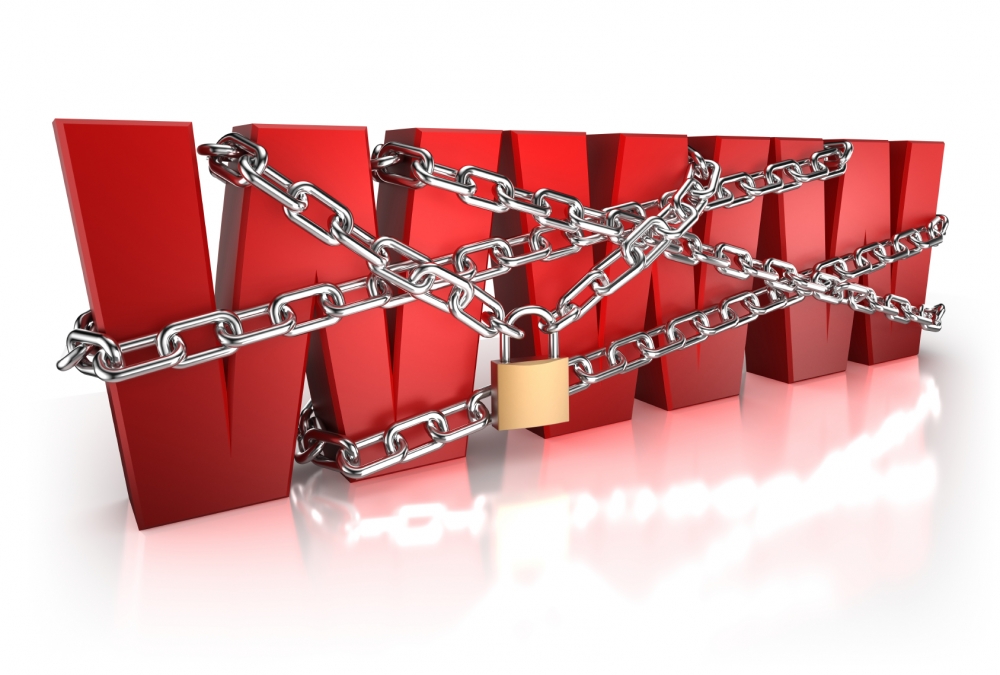
Equal-Opportunity Internet

In the nascent days of the Internet, when the information superhighway was, euphemistically speaking, little more than dirt road, the World Wide Web offered broad, unfettered communication. That was its mission. Control resided with the users — senders and receivers — and Internet service providers (ISPs) were merely conduits that brought the two together.
Decades later, however, the Web has become the tool of choice for mail, commerce, social interaction and more, and the Internet has become big business. In turn, the service providers who facilitate all that online activity have the potential to wield a lot of power that can impact equal access among users.
How those ISPs are allowed to use that power was the focus of a three-day invitation-only workshop beginning May 28 and co-sponsored by the Federal Communications Commission (FCC) and the Institute for Information Policy at Penn State University. Jennifer Holt, associate professor of film and media studies at UC Santa Barbara, is one of several experts invited to speak. She will discuss “Data Security and the Future of Broadband Regulations.”
Holt is a specialist in media industry studies, policy and regulation, and media history.
“The most pressing issue — and it couldn’t be more current — is the issue of net neutrality and whether or not broadband will be treated as what’s known as a common carrier, a type of utility that requires all users to be treated equally,” Holt said.
That’s the essence of net neutrality. “I don’t get to pay a higher price to send my information faster than you send yours,” she explained. “Because once we start having a tiered Internet, we have a less open, less free and less democratic Internet, and that’s not what the founders envisioned.”
Think of the information superhighway as, well, a highway congested with traffic. The heavier the traffic, the slower everyone goes. Now imagine an express lane available to those drivers willing — and able — to pay a premium to use it. That highway no longer provides equal access to all drivers.
“The telephone company is an example of a common carrier,” said Holt. “My phone call is carried at the same speed as Barack Obama’s. Everyone has the same access to the same service. Broadband needs to be treated the same way.”
In many ways, the broadband issue is particularly critical. “It’s become much more important than landline phone service, which is treated as a public utility,” Holt continued. “The fight is to keep the FCC from privileging certain senders. Large providers will be able to pay a higher fee to get their content carried faster than everyone else’s.
“So educational or public interest or any type of content that isn’t connected to big dollars will likely not be as prevalent or easily accessible in the digital space,” she went on. “It turns a layer of control to ISPs that most people who pay attention to this issue don’t believe they should have. Those who own the wires shouldn’t exert that level of control, given how the Internet was originally conceived and imagined. The power was supposed to rest with the users. I’m supposed to decide what I want to look at and when — not whether someone is being paid enough to transport it to me.”
What makes the workshop at Penn State particularly timely is that the FCC — and chairman Tom Wheeler — has released a new set of proposed net neutrality regulations that, according to Holt, fall far short of affording the kinds of protections necessary to guarantee an open and neutral Internet. Earlier this month, the commission voted to open those rules to public debate and set a 120-day period during which individuals can make their opinions known.
The public has until July 15 to submit initial comments on whether and by how much the FCC should tighten regulation of Internet service providers, and until Sept. 10 to file comments in response to initial discussions.
“There’s so much going on about it right now,” said Holt. “There was a moment in 2003 when the country got involved in media policy, expressing their concern about the media ownership limits that were about to be raised. I’m hoping this is a similar moment when the public becomes involved and starts getting active and contacts their representatives in Congress and writes to the FCC, saying this is unacceptable.”
Currently, ISPs operate within a kind of de facto set of rules, according to Holt. “But because broadband service wasn’t classified as a common carrier, there’s nothing that says they can’t privilege certain information,” she said. “Ever since the 1996 Telecommunications Act there have been movements to address this problem and reclassify it so it can be treated as a public utility and as a common carrier.”
A common carrier, she explained, is a service considered so essential to the functioning of a culture and a society that it requires governmental protection. “It’s really all about power,” she said of broadband regulation issues. “And right now, all the power is going to ISPs. That’s a dangerous development. The government needs to be involved in insuring that this new medium that has become the way in which most people get their information, communicate and participate as citizens is an open playing field.
“This is about controlling the level of service providers in a way that doesn’t allow them to determine the future character of the medium of the Internet,” Holt said.



